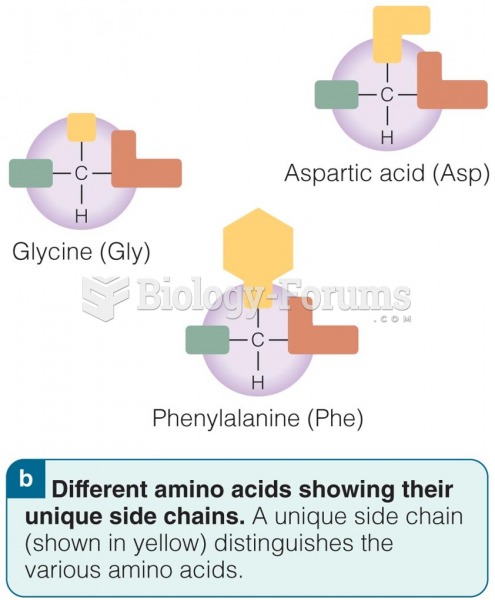Answer to Question 1
Correct Answer: 3
Rationale 1: Folic acid is not primary therapy in the management of kidney-failure anemia, which responds better to epoetin alfa.
Rationale 2: Folic acid is not useful in the management of chronic heart failure. However, folic acid might be ordered for another reason related to its effects on long-term vascular health.
Rationale 3: Folic acidrelated anemia is usually associated with poor nutrition. Ethanol interferes with folate metabolism in the liver, and the alcoholic's diet is often low in the nutrient.
Rationale 4: Folic acid is not useful in the management of type 2 diabetes.
Global Rationale: Folic acidrelated anemia is usually associated with poor nutrition. Ethanol interferes with folate metabolism in the liver, and the alcoholic's diet is often low in the nutrient. Folic acid is not primary therapy in the management of kidney-failure anemia, which responds better to epoetin alfa. Folic acid is not useful in the management of chronic heart failure. However, folic acid might be ordered for another reason related to its effects on long-term vascular health. Folic acid is not useful in the management of type 2 diabetes.
Answer to Question 2
Correct Answer: 2,5
Rationale 1: Iron deficiency anemia results in microcytic-hypochromic red blood cells.
Rationale 2: Hemorrhagic anemia results in normocytic-normochromic red blood cells.
Rationale 3: Pernicious anemia can result from inadequate B12 intake, which can occur in a client on a strict vegetarian diet. Pernicious anemia results in macrocytic-normochromic red blood cells.
Rationale 4: Folate deficiency results in macrocytic-normochromic red blood cells.
Rationale 5: Exposure to some chemicals can result in hemolytic anemia. Hemolytic anemia results in normocytic-normochromic red blood cells.
Global Rationale: Hemorrhagic anemia results in normocytic-normochromic red blood cells. Exposure to some chemicals can result in hemolytic anemia. Hemolytic anemia results in normocytic-normochromic red blood cells. Iron deficiency anemia results in microcytic-hypochromic red blood cells. Pernicious anemia can result from inadequate B12 intake, which can occur in a client on a strict vegetarian diet. Pernicious anemia results in macrocytic-normochromic red blood cells. Folate deficiency results in macrocytic-normochromic red blood cells.







